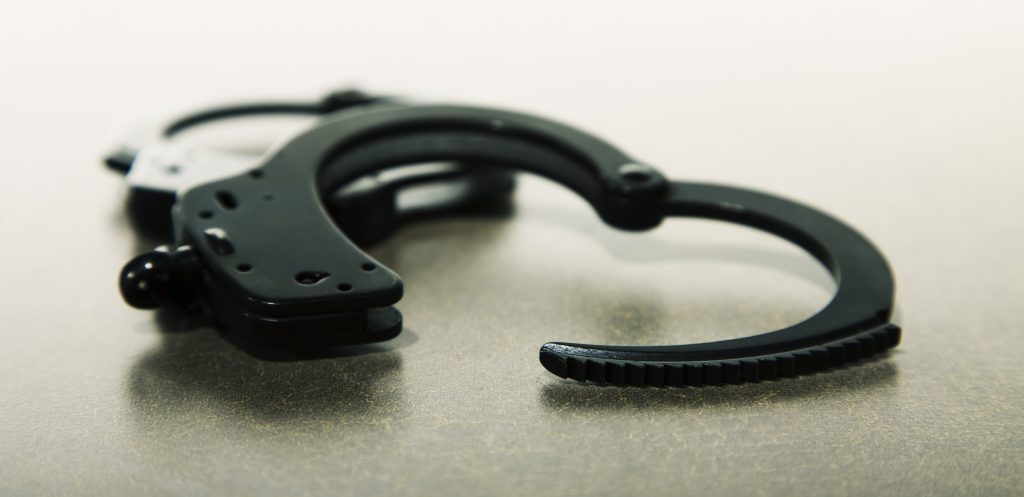The death penalty, also known as “capitol punishment”, is the most severe judicial penalty that can be handed down to a convict. Only those convicted of murder are eligible to be sentenced to death, but not all will face such grim sentencing. If you are interested in learning more about the Indiana death penalty, continue reading to review some common facts.

Murder Criminal Defense 317-636-7514
Application of Penalty
In order for a defendant to be sentenced to death, the prosecution must prove at least one of 18 “aggravating circumstances” to be true, as identified by the Indiana General Assembly in the state’s death penalty statute, IC 35-50-2-9. The jury cannot recommend the death penalty or life without parole unless they unanimously agree that the state provided sufficient evidence that supports of each charged statutory aggravating circumstance beyond a reasonable doubt. If the jury does agree unanimously, then the court is free to sentence the defendant to either extended prison time, life without parole, or capitol punishment.
Lethal Injection
Here in Indiana, our judicial system administers the death penalty by lethal injection. A prisoner is secured to a gurney with straps, and then fitted with an IV line that will send a series of chemical controlled substances into their bloodstream. In the past, the order of lethal substances generally begun with a barbiturate for the purpose of rendering the prisoner unconscious, followed by an aminosteroidal muscle relaxant (i.e. curonium bromide) to paralyze voluntary and reflex muscles, and finished with the actual lethal substance to stop their heart (i.e. potassium chloride).
After some significant lawsuits, the Indiana legislature’s budget bill made the identity of lethal injection drug provider’s secret as of 2017. Furthermore, the Indiana Supreme Court ruled that the Indiana Department of Correction may modify or adjust the drug protocol without public review, however, the issue of secrecy continues to be litigated to this very day.
Appellate Reviews
If a jury recommends the death penalty, and the court imposes it, the ruling may be subjected to three levels of appellate review before the actual punishment is fulfilled. These include 1) direct appeal, which takes place in Supreme Court and concentrates on legal issues, 2) state post-conviction review, which focuses on representing trial lawyer competency, suppressed evidence, recanted testimonies, and similar types of negligence, and 3) federal habeas corpus review, which entails federal constitutional issues.
National Death Penalty Facts:
☛ 70% of the world’s nations have abolished the death penalty. Since the year 2000, 36 additional states have done the same.
☛ A total of 30 states, in addition to the federal government and the military, have a death penalty statute in law or practice. In contrast, 20 states do not have a death penalty statute.
☛ New Jersey repealed its death penalty statute in 2007.
☛ New Mexico repealed its death penalty statute in 2009.
☛ Illinois repealed its death penalty statute in 2011.
☛ Connecticut repealed its death penalty statute in 2012.
☛ Maryland repealed its death penalty statute in 2013.
☛ In 2015, the Nebraska legislature repealed its death penalty statute, but in 2016, a ballot measure struck down the ban.
☛ The Delaware Supreme Court struck down its state's death penalty statute in 2016.
☛ The Washington Supreme Court struck down its state's death penalty statute in 2018.
Do You Need a Murder Lawyer?

David E. Lewis Attorney at Law 317-636-7514








